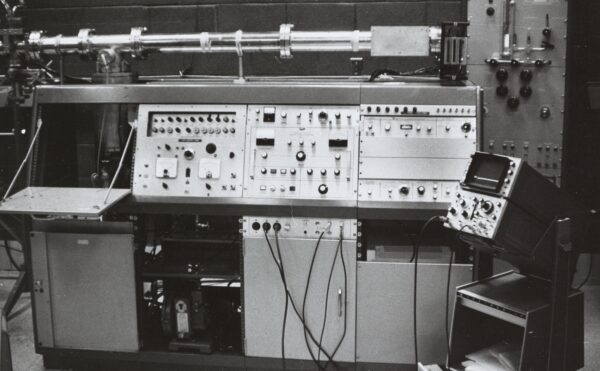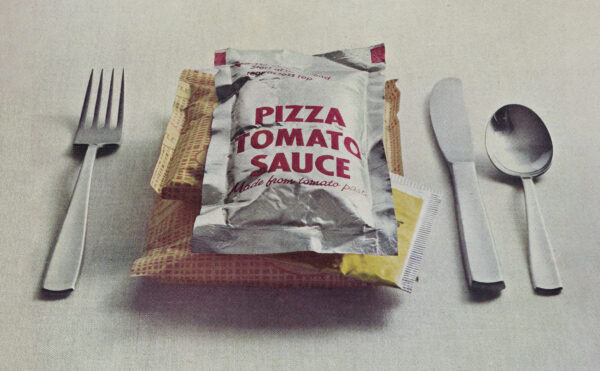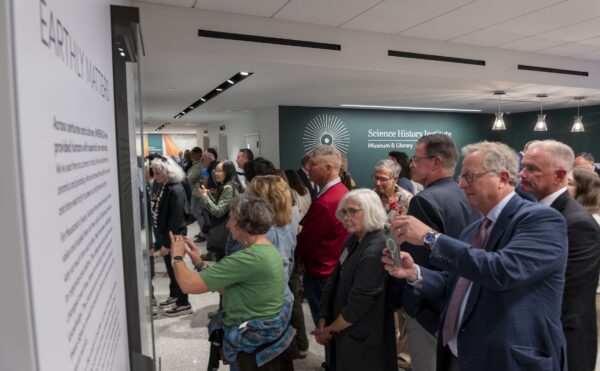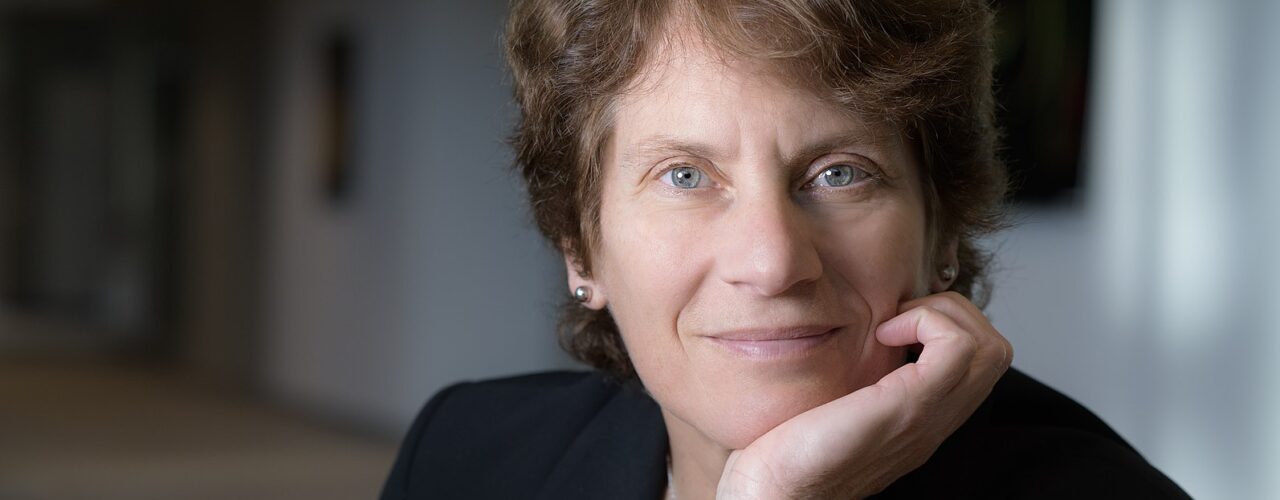
Nobel Laureate Carolyn Bertozzi to Present Science History Institute’s 2023 Ullyot Lecture
Q&A session, award presentation, and reception to follow Stanford professor’s ‘Sweet Revenge on Cancer’ talk being held October 17.
The Science History Institute is proud to announce that Nobel Prize-winning bioorthogonal chemist Carolyn R. Bertozzi will present the 2023 Ullyot Public Affairs Lecture. Her talk, titled “Sweet Revenge on Cancer,” will be held at the Institute in Old City Philadelphia on Tuesday, October 17 from 6pm to 8pm.
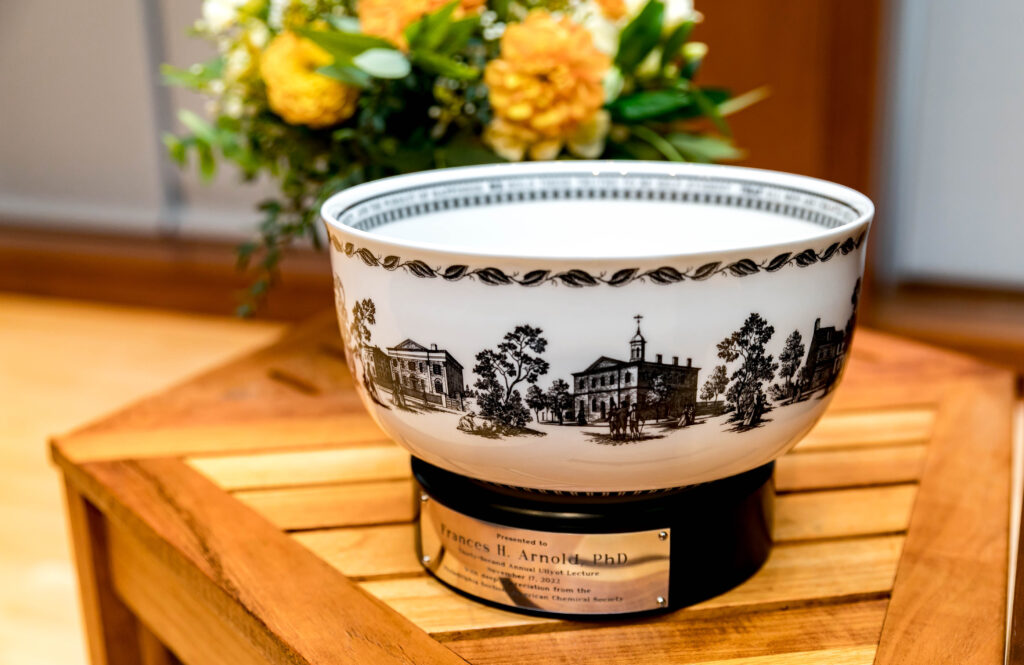
A Q&A session and reception will follow Bertozzi’s lecture. The Stanford University professor will also receive the Institute’s Liberty Bowl, awarded each year to the Ullyot lecturer.
This event is free and open to the public.
Endowed in 1990 by chemist Glenn Edgar Ullyot, this annual lecture seeks to emphasize to the general public the positive role the chemical and molecular sciences play in our daily lives. The Ullyot Public Affairs Lecture is presented jointly with the Department of Chemistry and the Department of History and Sociology of Science at the University of Pennsylvania; the Department of Chemistry and Biochemistry at the University of the Sciences; and the Philadelphia and Delaware sections of the American Chemical Society.
About Carolyn Bertozzi
Carolyn Bertozzi is the Anne T. and Robert M. Bass Professor of Chemistry and Professor of Chemical & Systems Biology and Radiology (by courtesy) at Stanford University, the Baker Family Director at Sarafan ChEM-H, and an Investigator of the Howard Hughes Medical Institute. In June 2015 she joined the faculty at Stanford University as an Institute Scholar at Sarafan ChEM-H. She was one of three recipients of the 2022 Nobel Prize in Chemistry for her role in founding the field of bioorthogonal chemistry, a term she coined, and for “taking click chemistry to a new level” with a set of chemical reactions that allow scientists to explore cells and track biological processes without disrupting the normal chemistry of the cell.
Bertozzi completed her undergraduate degree in chemistry at Harvard University in 1988 and received her PhD in chemistry from the University of California, Berkeley, in 1993. After completing postdoctoral work at the University of California, San Francisco, in the field of cellular immunology, she joined the UC Berkeley faculty in 1996.
Ullyot Lecture: Sweet Revenge on Cancer
Complex sugars known as glycans cover the surfaces of all living cells where they serve as a molecular “barcode” that reports on the health status of the cell. Cancer cells are known to undergo changes in the structures and abundances of certain glycans, most prominently those that include a sugar building block called sialic acid. Consequently, cancer cells have more sialic acids on their surface than healthy, normal cells. Bertozzi and her team discovered that this thicket of sialic acids allows cancer cells to escape recognition by our immune system, which allows the cancer to grow and spread. This finding motivated them to develop a new kind of cancer immunotherapy that functions as a “lawnmower,” cutting the disease sugars off cancer cells so that the immune system can recognize and kill them.
More News
Melissa Sherman Joins Science History Institute’s Board of Directors
The MOBILion Systems founding CEO will help support the Institute’s mission and strengthen our relationships in the life sciences industry.
Science History Institute Hosts Food Drive to Support Philadelphia’s Old Pine Community Center
Donations of non-perishable items can be dropped off in the Institute’s lobby now through December 19.
Science History Institute Unveils New Mineral Exhibition at Packed Opening Celebration
Ribbon cutting officially opens Earthly Matters and brand-new gift shop, marking the completion of the Institute’s major lobby renovation.

